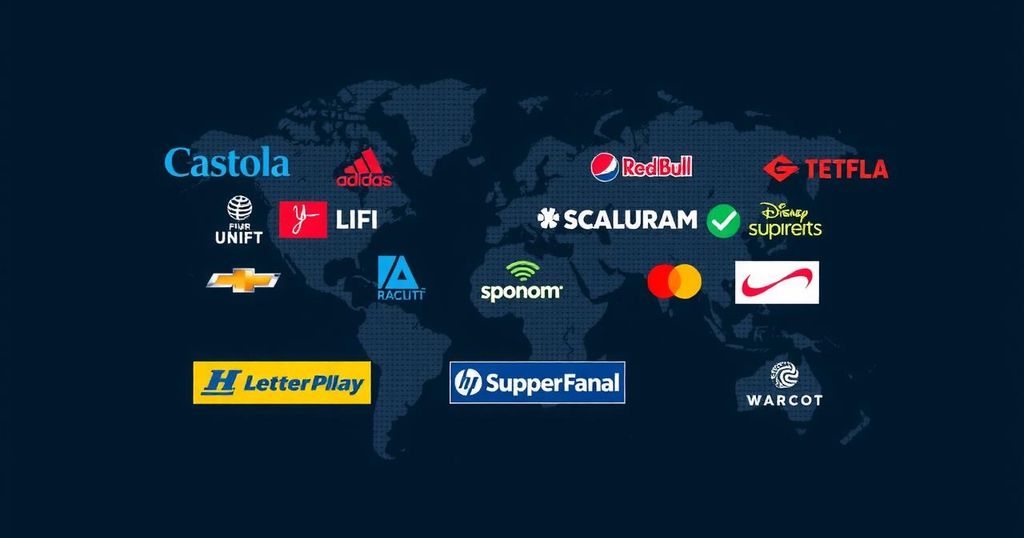Summary
Fossil fuel corporations have collectively invested no less than $5.6 billion (£4.2 billion) in sponsorships across a range of sports, including motorsports, football, golf, and snow sports. This financial strategy is aimed at enhancing their societal acceptance, commonly referred to as “social license to operate,” according to a comprehensive report released by the New Weather Institute (NWI), a prominent climate research organization. The report highlights that very few major spectator sports have remained untouched by the influence of oil and gas funding, having identified over 200 sponsorship agreements between sports teams and the fossil fuel industry. Athletes of considerable notoriety, including Cristiano Ronaldo, Lionel Messi, Tyson Fury, and Anthony Joshua, have been engaged to promote these sponsorship initiatives, particularly in the Middle East, as noted in the report. This development raises significant concerns regarding the fossil fuel sector’s escalating attempts to rehabilitate its global image through “sportswashing”—a term traditionally associated with countries that leverage sporting events to mitigate damage to their reputation. In remarks made in 2023, Mohammed bin Salman, the Crown Prince of Saudi Arabia, stated, “If sportswashing is going to increase my GDP by 1%, then we will continue doing sportswashing.” The findings of the NWI’s report, entitled Dirty Money, reveal that Aramco, Saudi Arabia’s national oil company, stands out as the largest contributor to sports sponsorship, committing nearly $1.3 billion across ten agreements. Following Aramco, Ineos has invested $777 million in sponsorship arrangements, while Shell and TotalEnergies have contributed $470 million and $340 million, respectively. The NWI’s report articulates that fossil fuel companies are attempting to align their controversial products, the air pollution from which is implicated in over five million annual deaths, with the positive social attributes and health benefits associated with sports. Such actions parallel historical precedents where tobacco companies sponsored sports to enhance their public image and normalize their activities amidst public scrutiny. The report further elucidates that these sponsorship arrangements effectively procure a ‘social license’ to operate, thereby diverting public attention from their contributions to the climate crisis and associated health hazards. Researchers utilized an extensive review of news articles and press releases, bolstered by data from a sponsorship deal tracker from SportBusiness, a specialized financial publication, to assess the value of these sponsorship deals. Notably, while many agreements did not disclose their monetary value, estimates were derived from comparisons with similar known deals. Football emerged as the most populated domain with 59 sponsorship arrangements totaling nearly $1 billion, while motorsports garnered the most substantial financial backing, amassing $2.2 billion from 40 separate deals. In response to the allegations, a spokesperson for TotalEnergies stated, “For several years, TotalEnergies has been a partner of major sporting events in its key regions and around the world. Our aim is to share with all our audiences and clients the passion for sport and the values it represents: safety, respect for each other, solidarity, the pioneering spirit that drives us to adapt and innovate daily, and the performance-mindedness that inspires us in all our commitments.” Additionally, a Shell representative remarked, “Shell invested $5.6 billion in low-carbon solutions last year, which comprised 23% of its capital spending, aimed at supporting the development of sustainable energy solutions including e-mobility, low-carbon fuels, renewable power, hydrogen, and carbon capture and storage.” Both Aramco and Ineos were approached for comment on this subject.
Original Source: www.theguardian.com

Leave a Reply